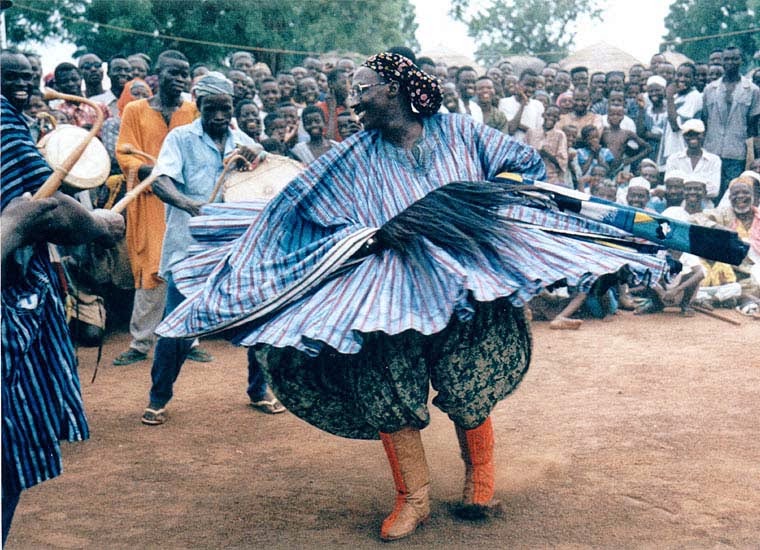Ghana, a country on the west coast of Africa, has a rich and varied cultural tapestry that mirrors the country’s varied and beautiful topography. Ghana is a shining example of the positive effects of cultural diversity and the peaceful coexistence of different ethnic groups, languages, and customs, from its ancient traditions to its modern expressions. Let’s set out on a tour of the cultural diversity that makes this country so special.
The Home to Many
There are more than a hundred recognized ethnic groups in Ghana, and each has its own culture, language, and history. The Akan, Mole-Dagbon, Ewe, Ga-Dangme, and Nzema are just a few of the most well-known groups. The country’s history as a hub for trade, migration, and cultural exchange explains this wealth of diversity, which has helped to forge a cohesive society based on respect for one another’s unique contributions.
Communication and bonding through language
Each of Ghana’s numerous ethnic groups has a distinct culture, and that culture is largely defined by the language they speak. While English is used in all government and educational institutions, a total of 80 languages are recognized in the country. Local languages like Twi, Ewe, Fante, Dagbani, and Ga not only help to keep people’s traditions alive, but also give them a voice in shaping the world around them.
Celebrations: A Rainbow of Customs
Ghana’s vibrant festivals are a fascinating reflection of the country’s rich cultural heritage. These celebrations reveal aspects of local culture and history, as well as the beliefs and values of the people who celebrate them. Ghana is known for its colorful festivals, such as the Homowo festival of the Ga-Dangme, the Aboakyer festival of the Effutu, and the Odwira festival of the Akan.
Traditions and Delights from the Kitchen
The ethnic diversity of Ghana is reflected in the country’s cuisine. Popular dishes like “fufu” and “banku” are enjoyed all over the world, with slight variations in taste and preparation from region to region. From the spiciness of “waakye” to the coastal regions’ rich seafood dishes, the cuisine of Ghana tells a tale of migration, trade, and the exchange of recipes.
The Cultural Expression of Art and Craft
Craftsmanship and artistic expression allow Ghana’s rich cultural heritage to be showcased. Skilled craftspeople produce items with spiritual and cultural significance, such as kente cloth, Adinkra symbols, and exquisitely carved wooden masks. These works of art are more than just pretty to look at; they tell stories, bridge gaps between generations, and communicate ideas through the symbols and patterns they employ.
Ghana Today: A Beautiful Tapestry of Peace
Ghana is a model of cultural diversity’s positive effects on national cohesion in today’s globalized world. Modern society that flourishes on its multifaceted identity is the result of the country’s dedication to preserving its heritage while embracing progress. As the people of Ghana continue to honor their many and varied cultural traditions, they are showing the world that it is possible to live in peace and harmony by accepting and appreciating one another’s differences.
The cultural diversity of Ghana is a tangible example of the truth that unity does not necessitate sameness. The country’s many different cultures, languages, traditions, and celebrations all blend together to create a beautiful tapestry that captures the essence of the human experience. Ghana is an example to the rest of the world in how to embrace diversity for the sake of creating a thriving and peaceful society.





